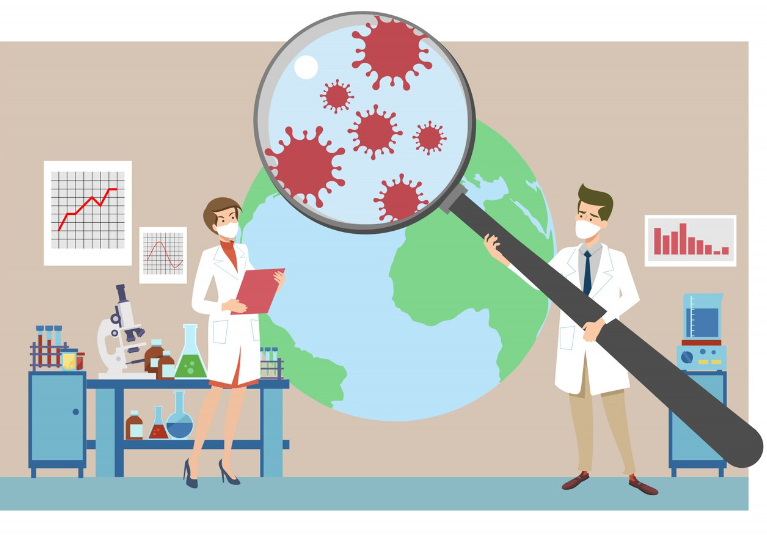
Understanding the Risks: E. coli Contamination in Food
Understanding E. coli and Its Dangers
You may have heard about E. coli bacteria in the news, but what exactly is it, and why is it dangerous? In this article, we’ll explore the risks of E. coli contamination in food and how it can impact your health.
What is E. coli?
Escherichia coli (E. coli) is a type of bacteria commonly found in the intestines of humans and animals. While most strains of E. coli are harmless and even beneficial, some strains—such as E. coli O157:H7—can cause serious illness when ingested.
Dangers of E. coli Contamination
E. coli contamination in food can occur through several means, including:
- Improper food handling
- Undercooked meats
- Contaminated water
- Cross-contamination during food preparation
When consumed, these harmful bacteria can lead to foodborne illness, with symptoms including:
- Severe abdominal cramps
- Diarrhea (often bloody)
- Nausea and vomiting
- Fever
- Fatigue
- Kidney failure (in severe cases)
Young children, the elderly, and those with weakened immune systems are especially vulnerable to severe symptoms or complications.
Preventing E. coli Contamination
To reduce the risk of E. coli contamination in food, follow these important safety practices:
- Cook meats thoroughly: Ensure ground beef, poultry, and other meats reach the recommended internal temperature to kill harmful bacteria.
- Wash fruits and vegetables: Rinse fresh produce under running water to remove dirt and bacteria before consumption.
- Avoid cross-contamination: Keep raw meats separate from ready-to-eat foods, and use separate cutting boards and utensils for raw and cooked foods.
- Drink safe water: Ensure drinking water is from a reliable and safe source to prevent contamination.
- Practice good hygiene: Wash your hands thoroughly with soap and water before and after handling food, especially raw meats.
Conclusion
By taking these simple precautions, you can protect yourself and your loved ones from the dangers of E. coli contamination in food. Proper food handling, cleanliness, and safe cooking are key steps in reducing the risk of illness and ensuring your meals are safe to enjoy.
To seek medical advice, always consult a Doctor. Here are our recommended experts.Click Here



